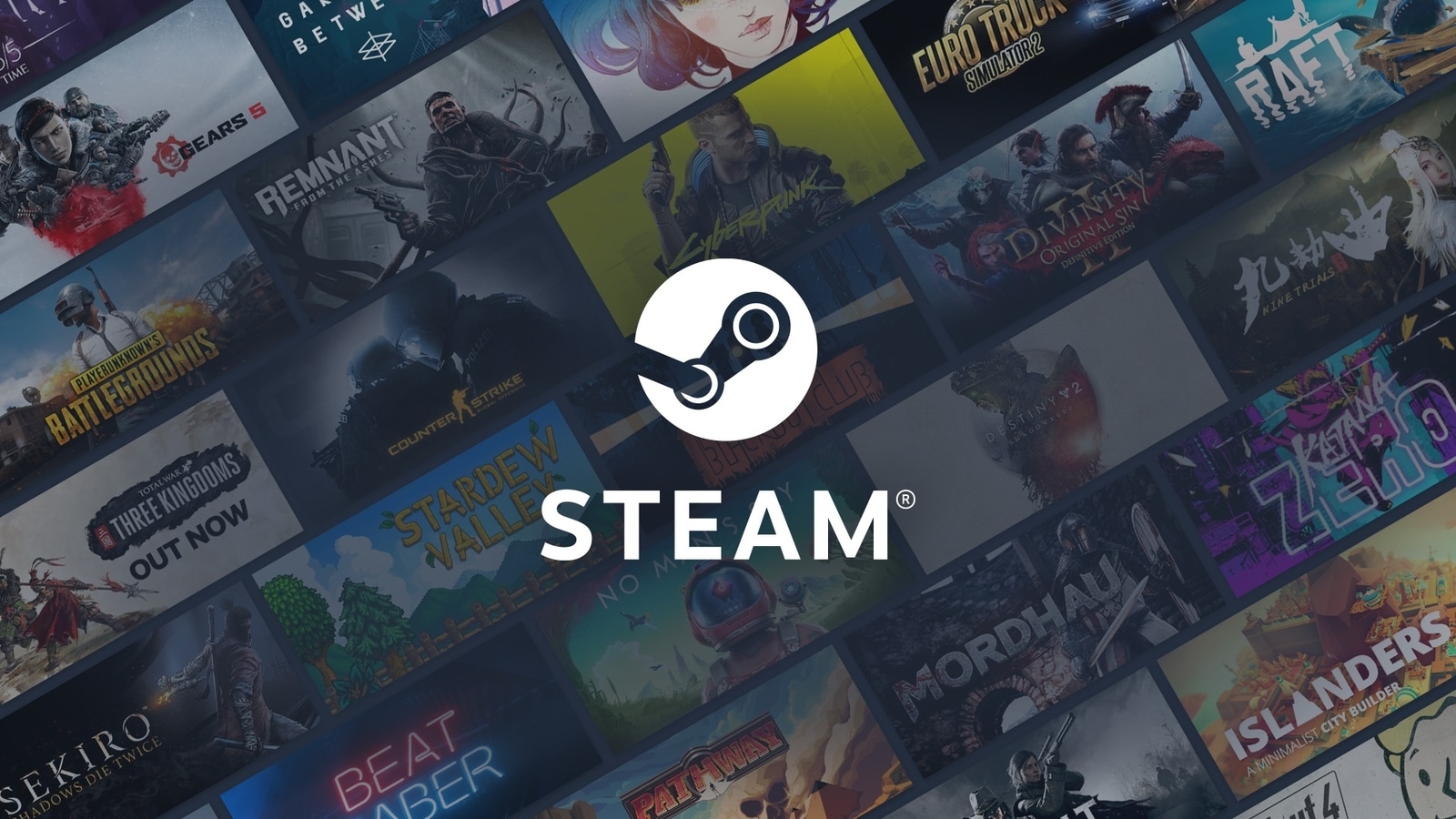When you buy digital games online, you don’t receive anything tangible—there are no physical discs that you “own.” Instead, you simply access your games library on platforms like Steam to download them. Now, Valve, the parent company of Steam, has confirmed that you don’t own your games; all you receive after purchasing a game is a digital license for it on Steam, as reported by Engadget and The Verge. This confirmation is now reportedly visible on the desktop version of the Steam client, though it has not yet appeared on the mobile version.
Also Read: Samsung Galaxy Z Fold 6 Special Edition may get this big design upgrade
What Does This Mean for Gamers?
For now, nothing is set to change—you will still be able to play all the games you’ve purchased on Steam. However, a new law in California, which comes into effect next year, will require companies to disclose that when customers buy digital media, they are merely purchasing a license to use the product. This license can potentially be revoked or become unusable in certain circumstances.
It’s important to note that this disclosure mainly serves to raise public awareness—that buyers do not “own” what they purchase from digital storefronts. Furthermore, as The Verge points out, this law does not apply to stores that allow you to download an offline installer, such as the GOG store.
Also Read: iOS 18.1 releasing soon: iPhone users to get power to set ‘primary’ email
Physical Games vs Digital Games
As the world pivots towards a digital-only future, there is growing concern that gamers may never be able to own physical collections. Purchasing physical media on discs not only ensures you can play the game even if it’s digital version is removed from servers or if there is an internet outage, but it also allows you to resell the copy if you choose—ultimately providing more freedom and control.
That said, there is also a growing sentiment in the gaming community that buying a physical disc, too, is just the means to a license and that you only own the disc. However, in the realm of PC gaming, a future for physical media appears bleak, with very few physical disc releases nowadays. Most publishers are opting for digital-only versions, leaving no alternative. In this regard, consoles like the PS5 still hold an advantage.
Also Read: Lava AGNI 3 First look: Know what’s unique in this mid-range smartphone
When you buy digital games online, you don’t receive anything tangible—there are no physical discs that you “own.” Instead, you simply access your games library on platforms like Steam to download them. Now, Valve, the parent company of Steam, has confirmed that you don’t own your games; all you receive after purchasing a game is a digital license for it on Steam, as reported by Engadget and The Verge. This confirmation is now reportedly visible on the desktop version of the Steam client, though it has not yet appeared on the mobile version.
Also Read: Samsung Galaxy Z Fold 6 Special Edition may get this big design upgrade
What Does This Mean for Gamers?
For now, nothing is set to change—you will still be able to play all the games you’ve purchased on Steam. However, a new law in California, which comes into effect next year, will require companies to disclose that when customers buy digital media, they are merely purchasing a license to use the product. This license can potentially be revoked or become unusable in certain circumstances.
It’s important to note that this disclosure mainly serves to raise public awareness—that buyers do not “own” what they purchase from digital storefronts. Furthermore, as The Verge points out, this law does not apply to stores that allow you to download an offline installer, such as the GOG store.
Also Read: iOS 18.1 releasing soon: iPhone users to get power to set ‘primary’ email
Physical Games vs Digital Games
As the world pivots towards a digital-only future, there is growing concern that gamers may never be able to own physical collections. Purchasing physical media on discs not only ensures you can play the game even if it’s digital version is removed from servers or if there is an internet outage, but it also allows you to resell the copy if you choose—ultimately providing more freedom and control.
That said, there is also a growing sentiment in the gaming community that buying a physical disc, too, is just the means to a license and that you only own the disc. However, in the realm of PC gaming, a future for physical media appears bleak, with very few physical disc releases nowadays. Most publishers are opting for digital-only versions, leaving no alternative. In this regard, consoles like the PS5 still hold an advantage.
Also Read: Lava AGNI 3 First look: Know what’s unique in this mid-range smartphone





















